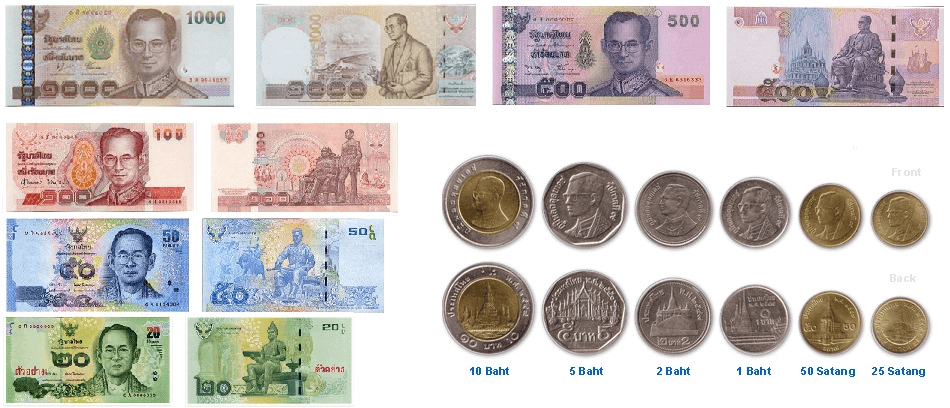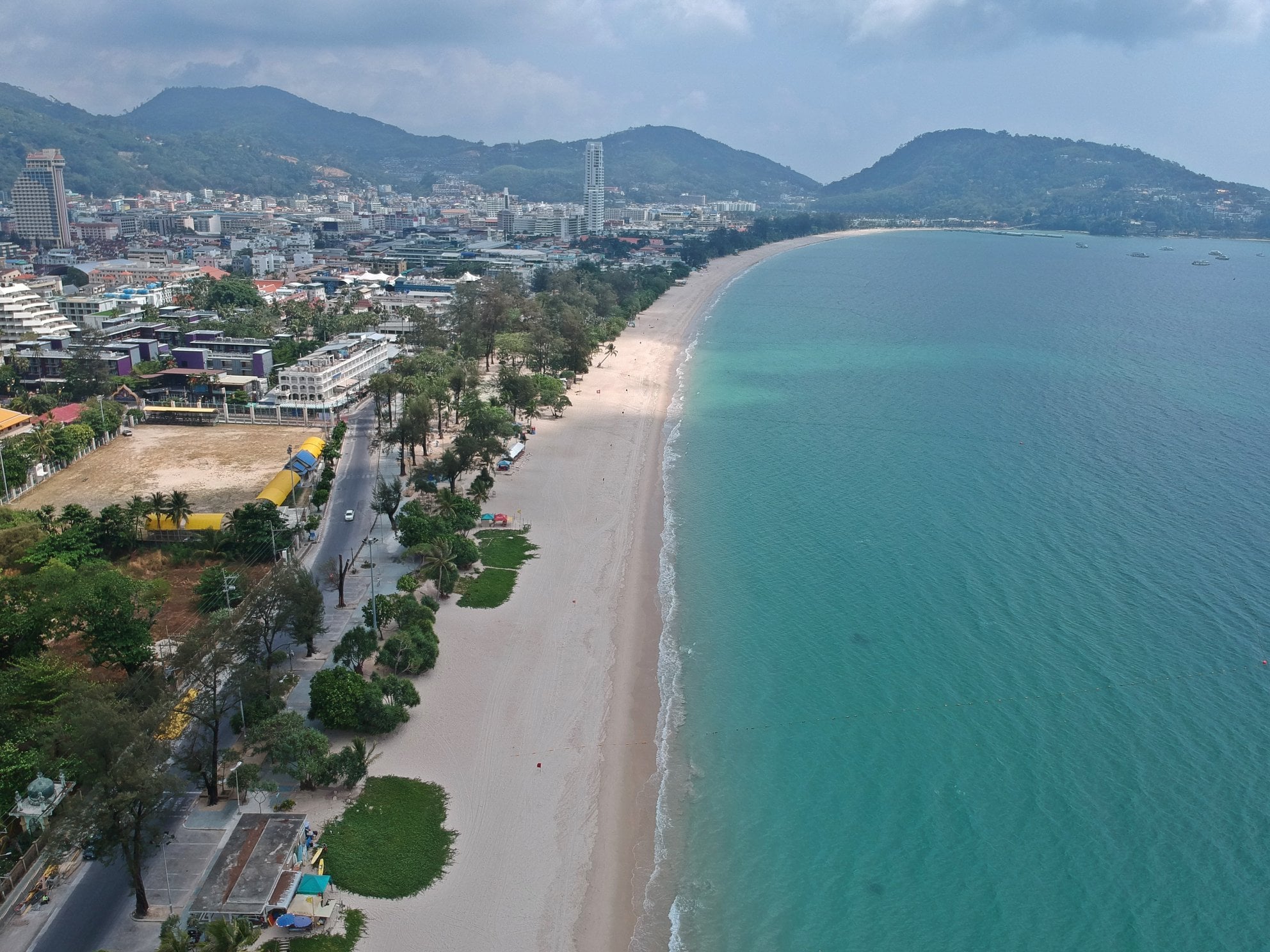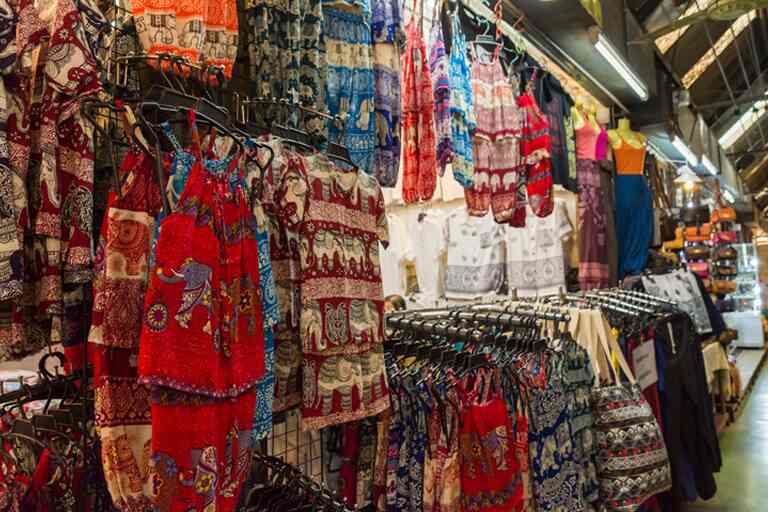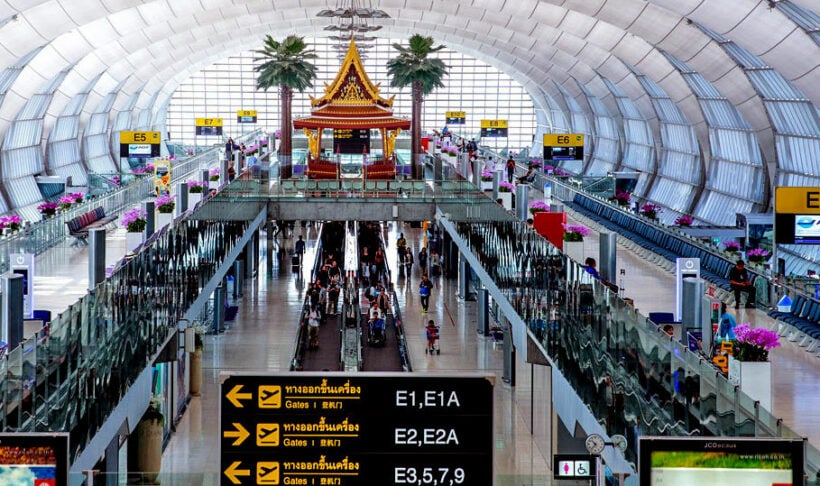Planning a trip to Bangkok? The dazzling temples, delicious street food, and vibrant culture await! But before you pack your bags, there’s a vital detail to consider: currency.
The Official Currency of Bangkok: The Thai Baht
Bangkok, and all of Thailand for that matter, uses the Thai Baht (THB) as its official currency. You’ll see it symbolized as ฿. The Baht is further divided into 100 units called Satang, though coins less than 1 Baht are rarely used in everyday transactions.
Exchanging Your Currency for Baht
While some tourist destinations might accept US Dollars or Euros, it’s best to rely on the Baht in Bangkok. Exchanging your currency before your trip or upon arrival at the airport is recommended. You’ll find currency exchange booths readily available, but be sure to compare rates to get the best deal.
What Baht Denominations Will You Need?
Baht banknotes come in various denominations, from 20 Baht (green) to 1000 Baht (beige). For everyday purchases like street food and public transportation, you’ll likely use 20, 50, and 100 Baht notes most frequently. Having a good mix of bills is a good idea, but don’t worry too much about large denominations – most vendors won’t have change for a 1000 Baht bill.
Coins come in 1, 2, 5, and 10 Baht denominations, along with the rarely used 25 and 50 Satang coins.
A Few Extra Tips
- Be Wary of Unlicensed Money Changers: Stick to reputable establishments like banks or authorized exchange booths.
- Carry Small Bills: Having a good amount of small bills will ensure you can make purchases at street vendors and avoid the hassle of getting change.
- ATMs in Bangkok: ATMs are widely available in Bangkok, so you can withdraw Baht as needed. Be sure to check with your bank about any international transaction fees.
By familiarizing yourself with the Thai Baht, you’ll be well on your way to navigating Bangkok’s vibrant markets and experiencing the city’s unique culture with ease!




